
| 2016 | Afgangsprogram | KADK
| Professor: Christoffer Harlang + Nicolai Bo Andersen + Victor Boye Julebæk
When it feels uplifting and healing to go for a walk in the woods, just as the beech has sprung, it is because of the constant interplay between all our senses.
I believe this is the same thing that happens when we experience good architecture or feel at home somewhere.
It is through the senses that we experience the world and feel our own presence. People with dementia are more likely to have a reduced ability to sense and to feel their own body. That is why it is so important to create an architecture that stimulates the senses and which the body can relate to. An architecture that enhances the experience of the body and the basic feeling of being in the world. By being aware of our sensory impressions and what happens to them when we get older, one can actively articulate them through the architecture.
My graduation project starts from the land register at the Saint Joseph Monastery, where I, with the starting point and in relation to the monastery, will add a home for people with dementia. Through my project I will investigate how the senses, light and colors affect us through the architecture,
and thereby use it as a tool to address the issues that are a part of everyday life for people with dementia. I have no intention of creating a high-tech home with sensitive floors and satellite gps. My intention is to use the architecture as an analogue tool to create the framework for a safe and dignified home.
Esta entrada aparece primero en HIC Arquitectura http://hicarquitectura.com/2019/03/tilde-tolberg-stedsans/



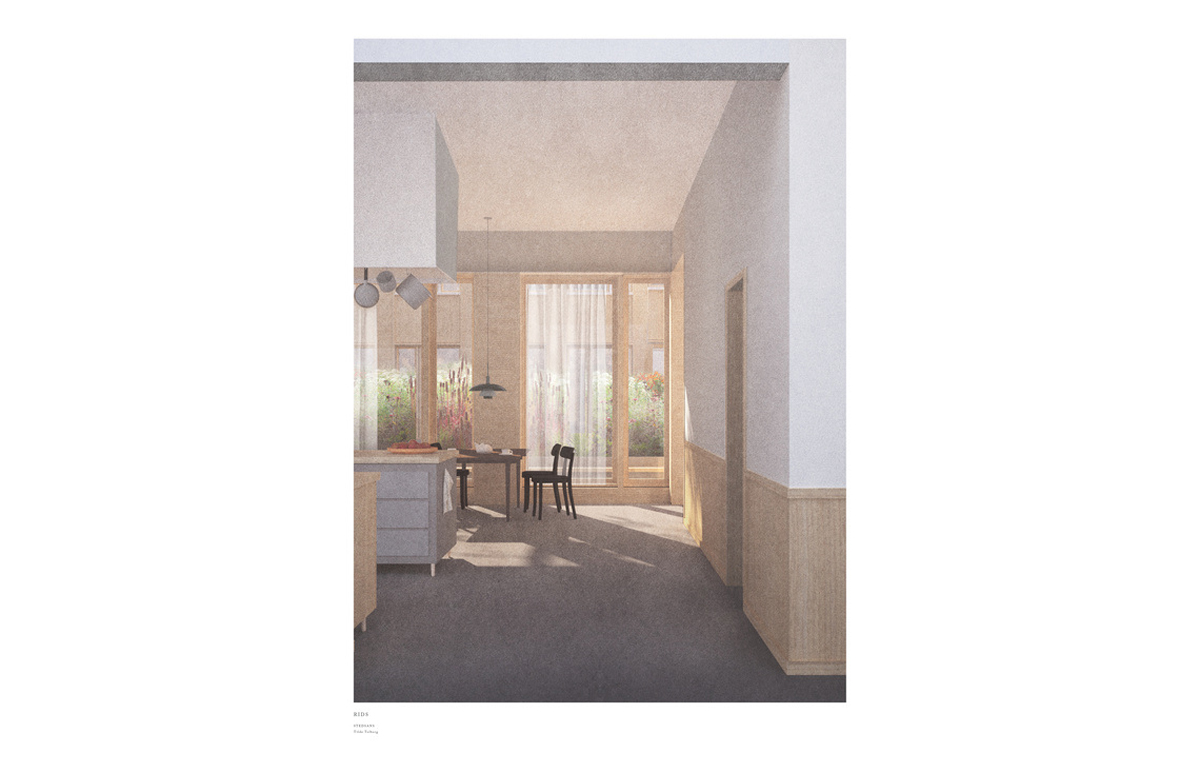


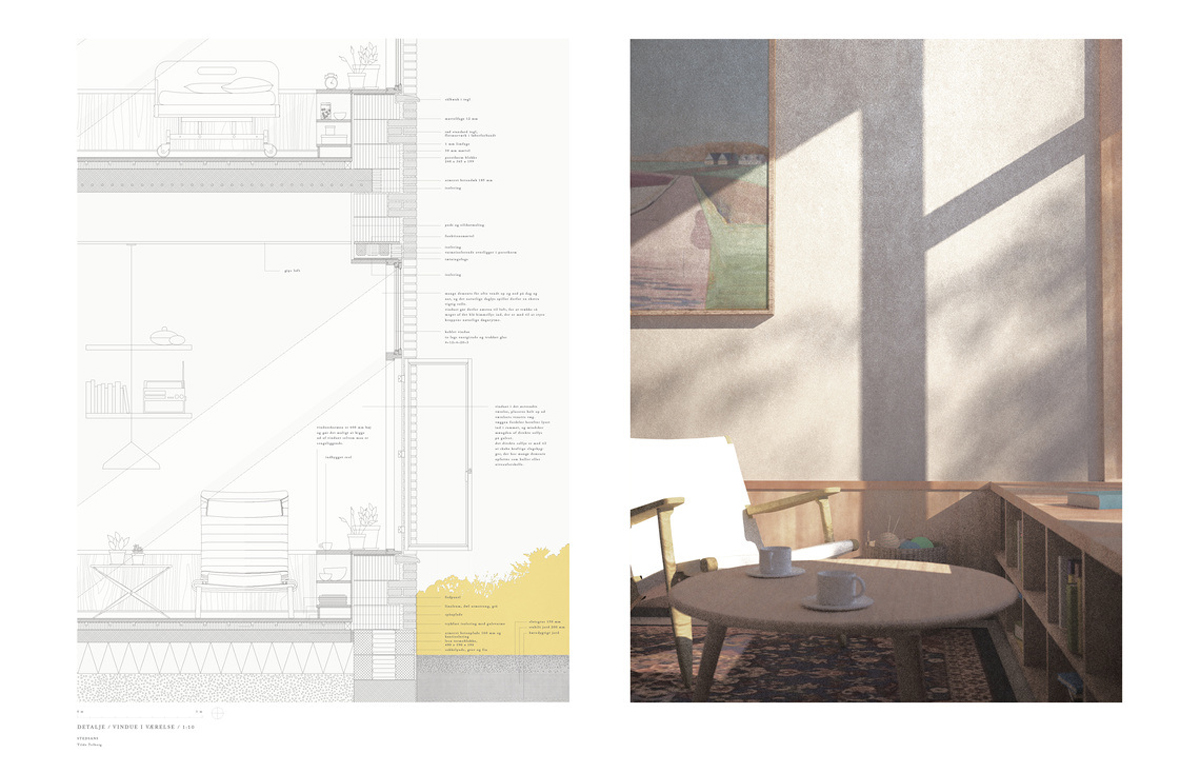
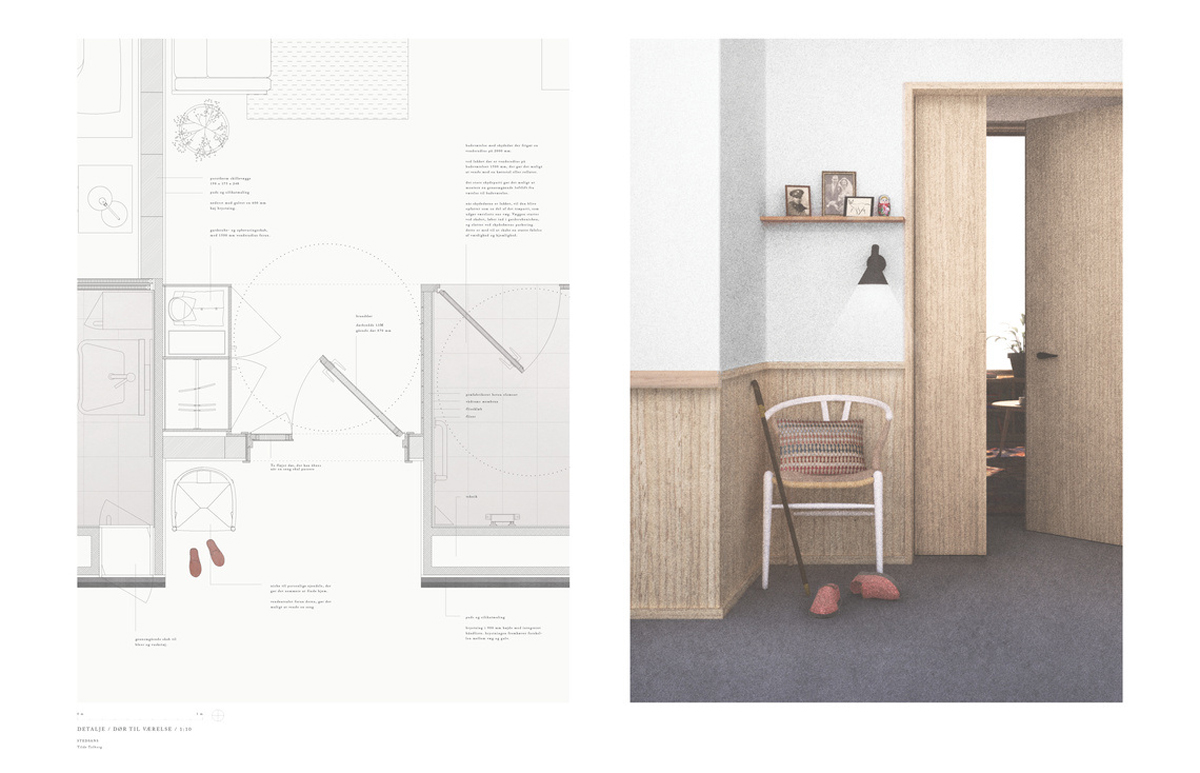
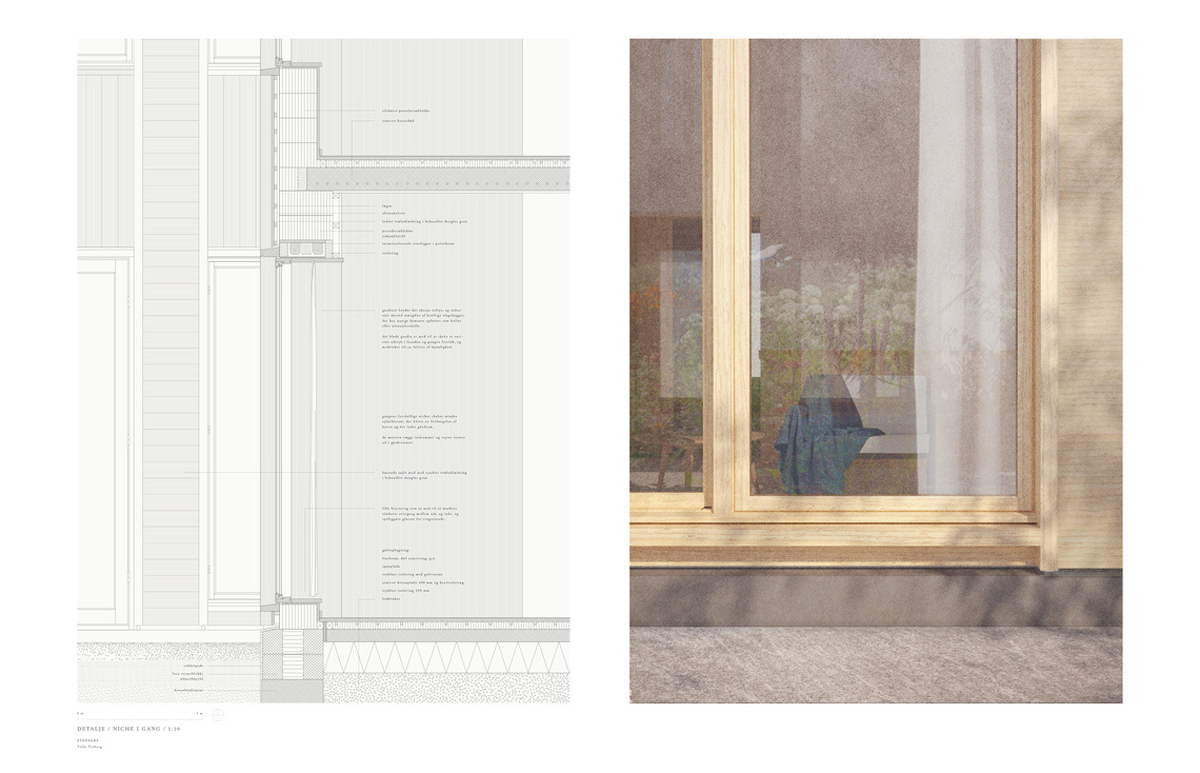



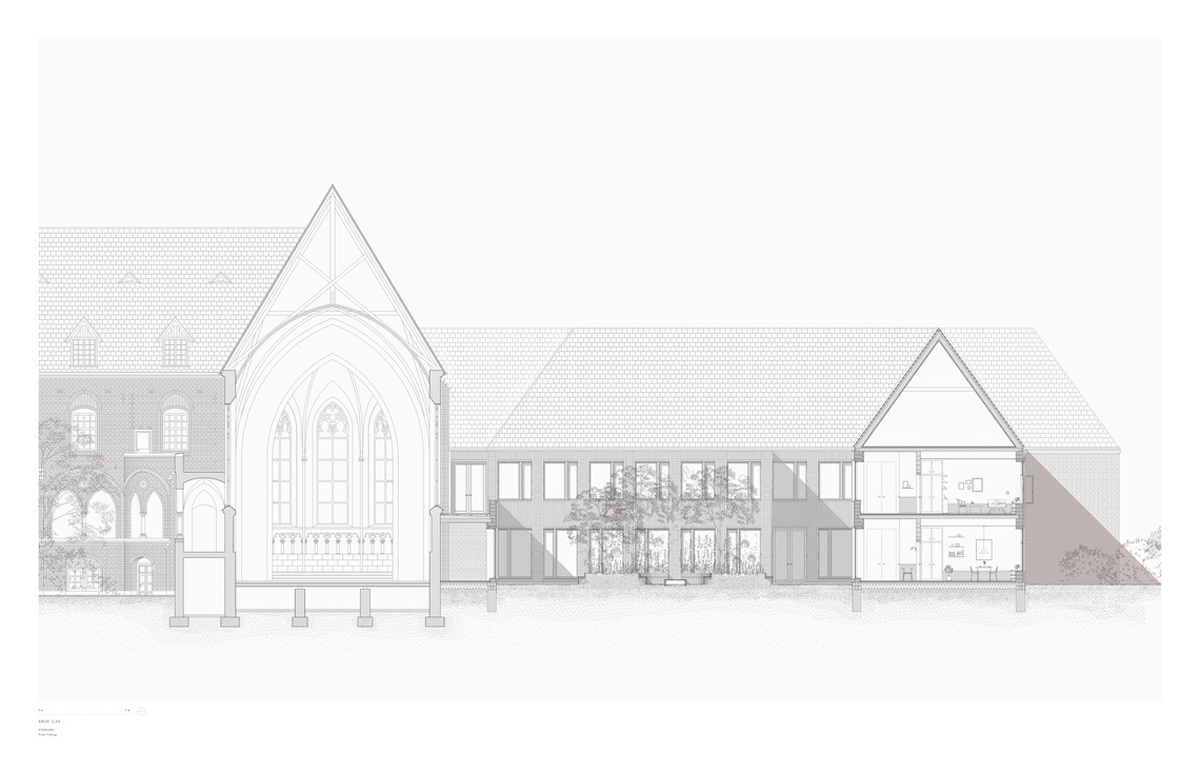

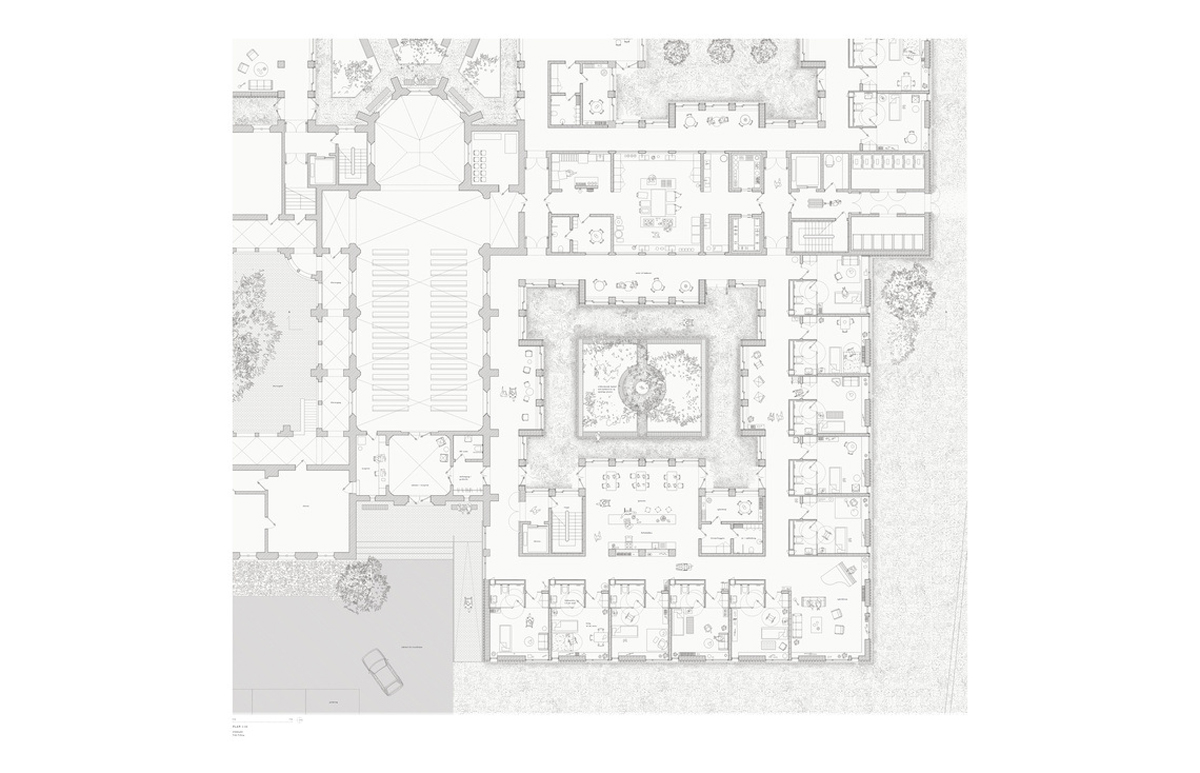
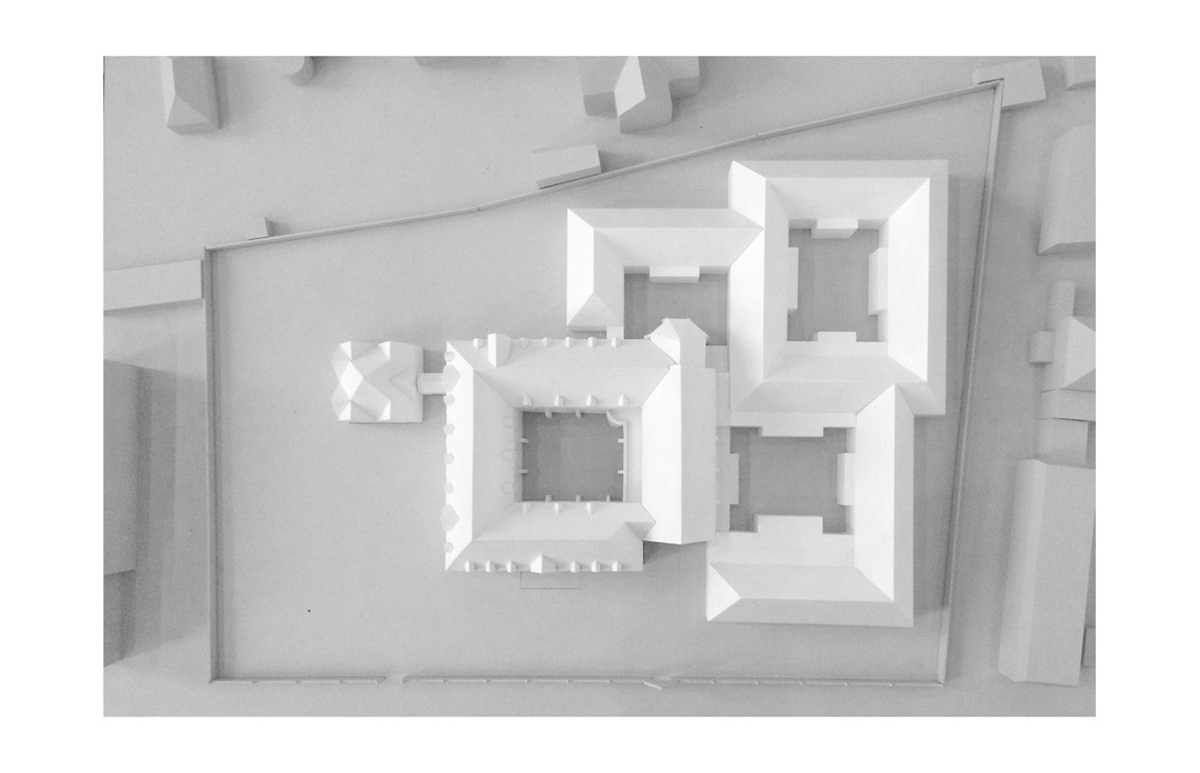
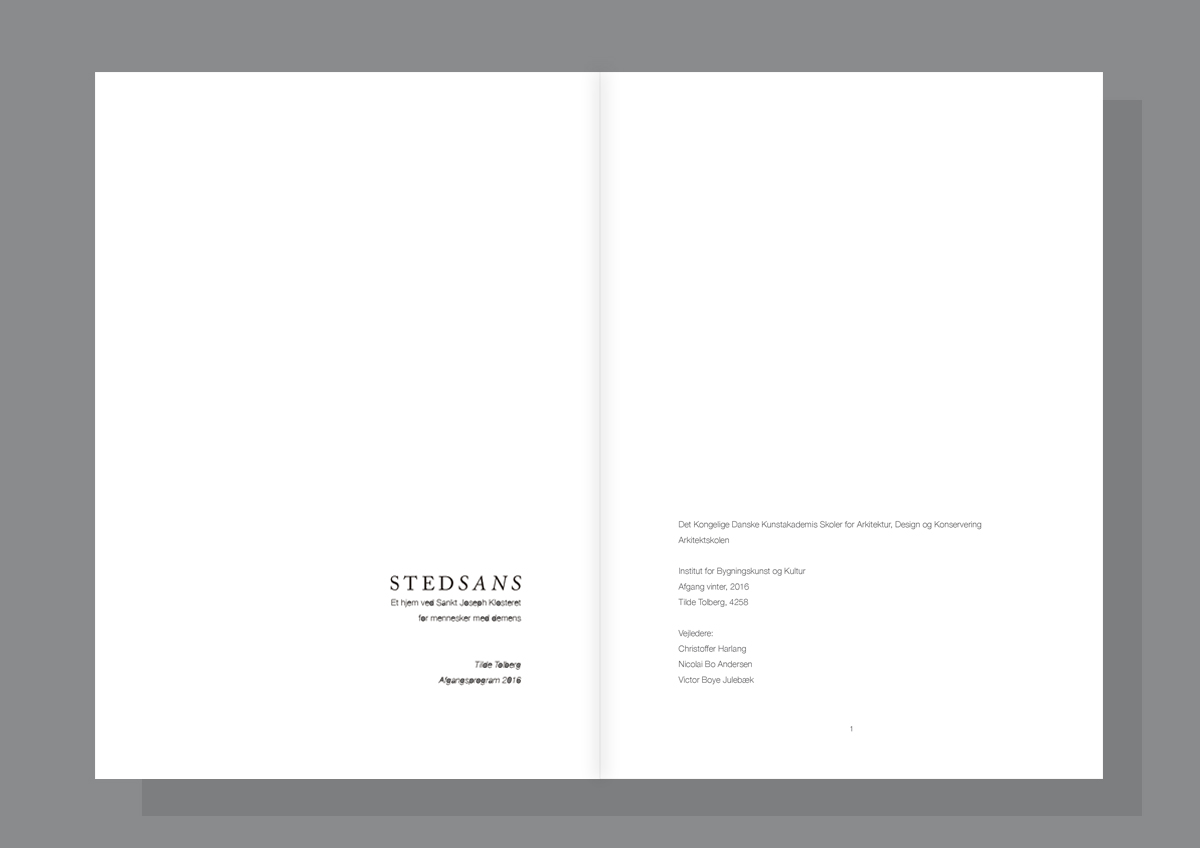
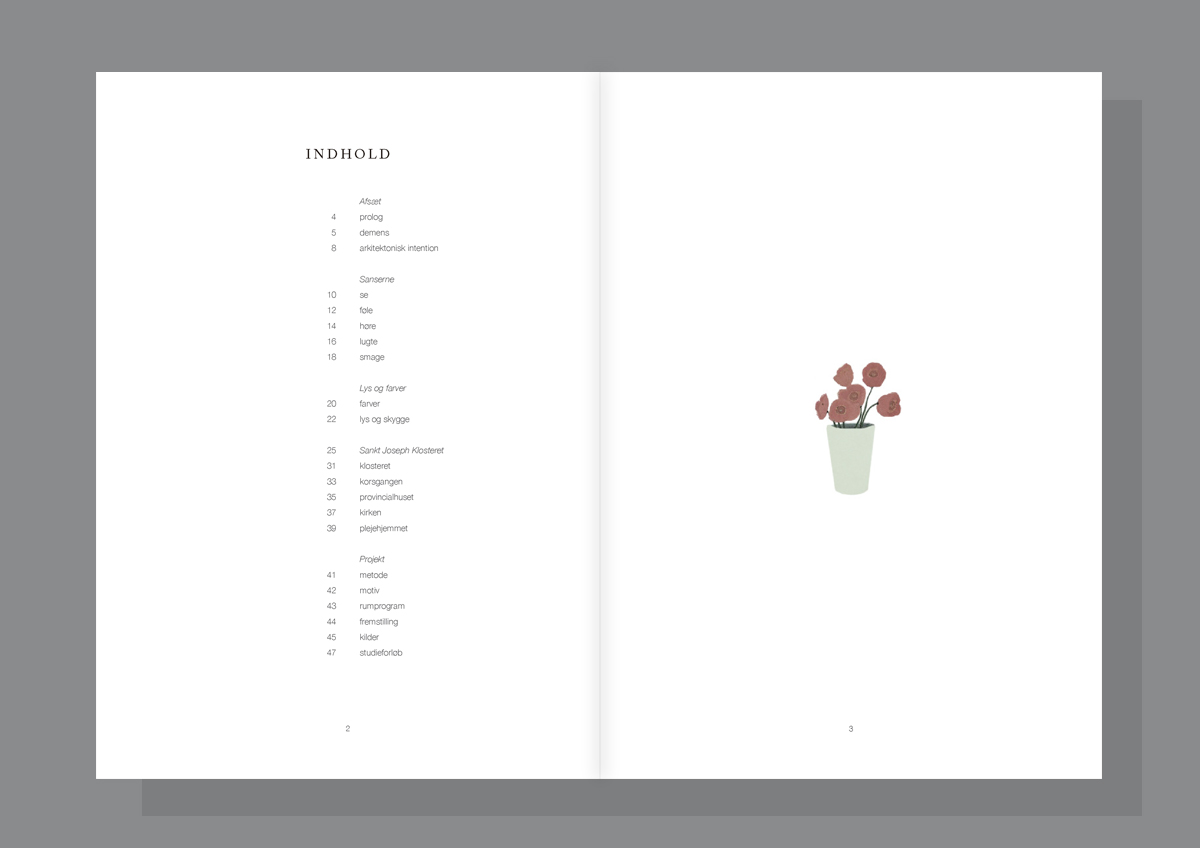
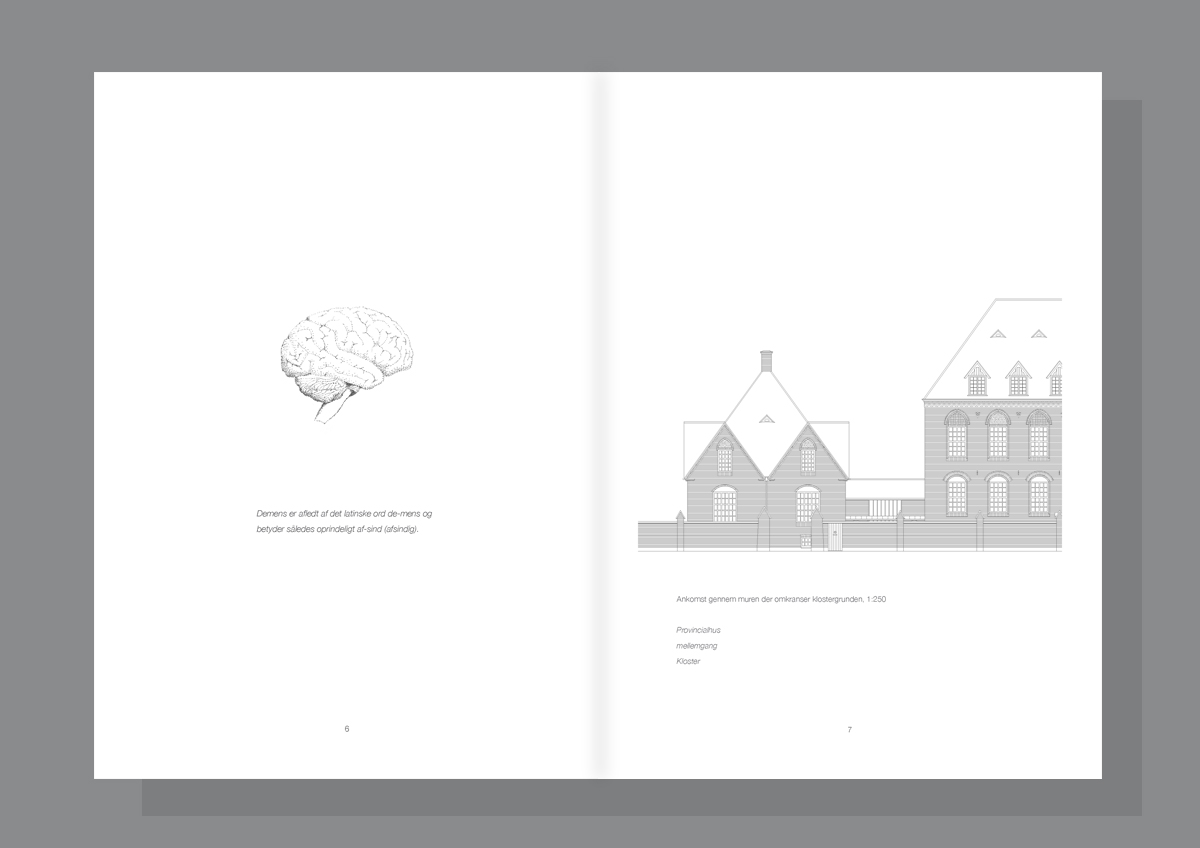
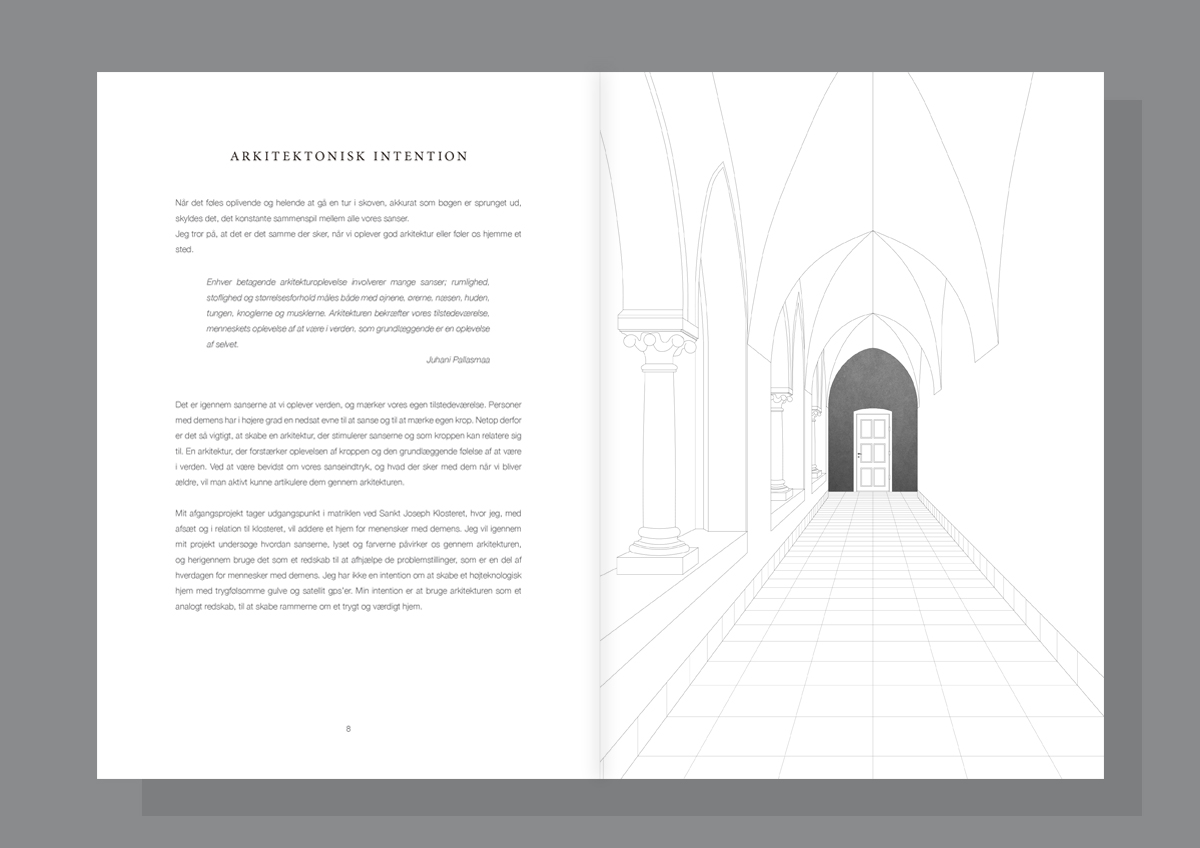
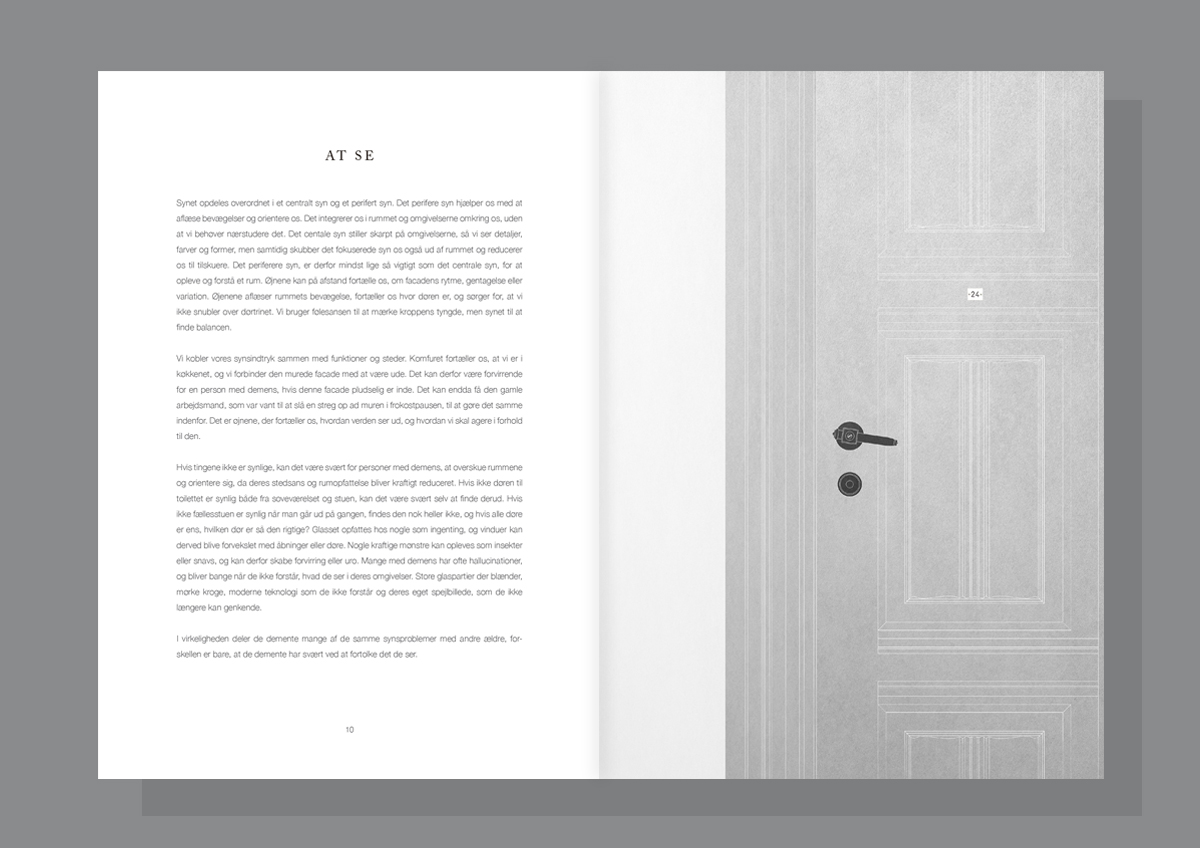
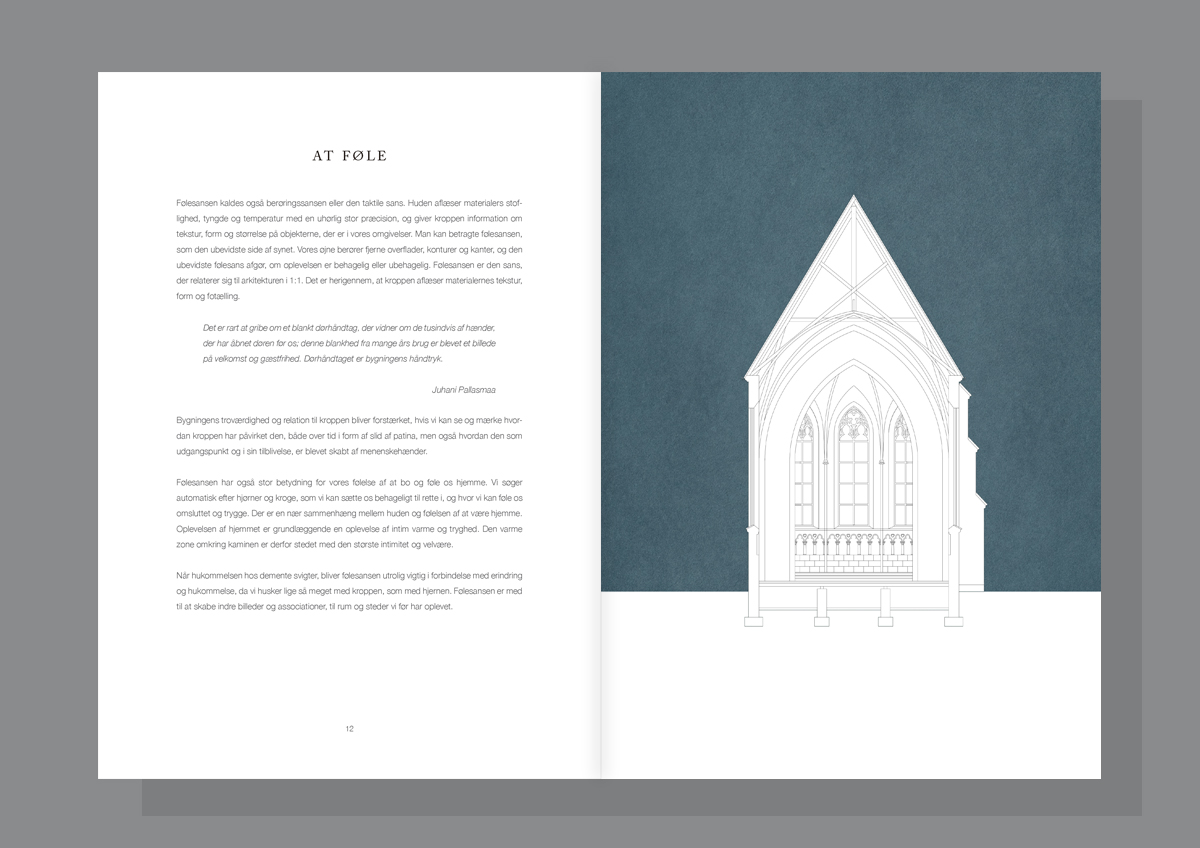

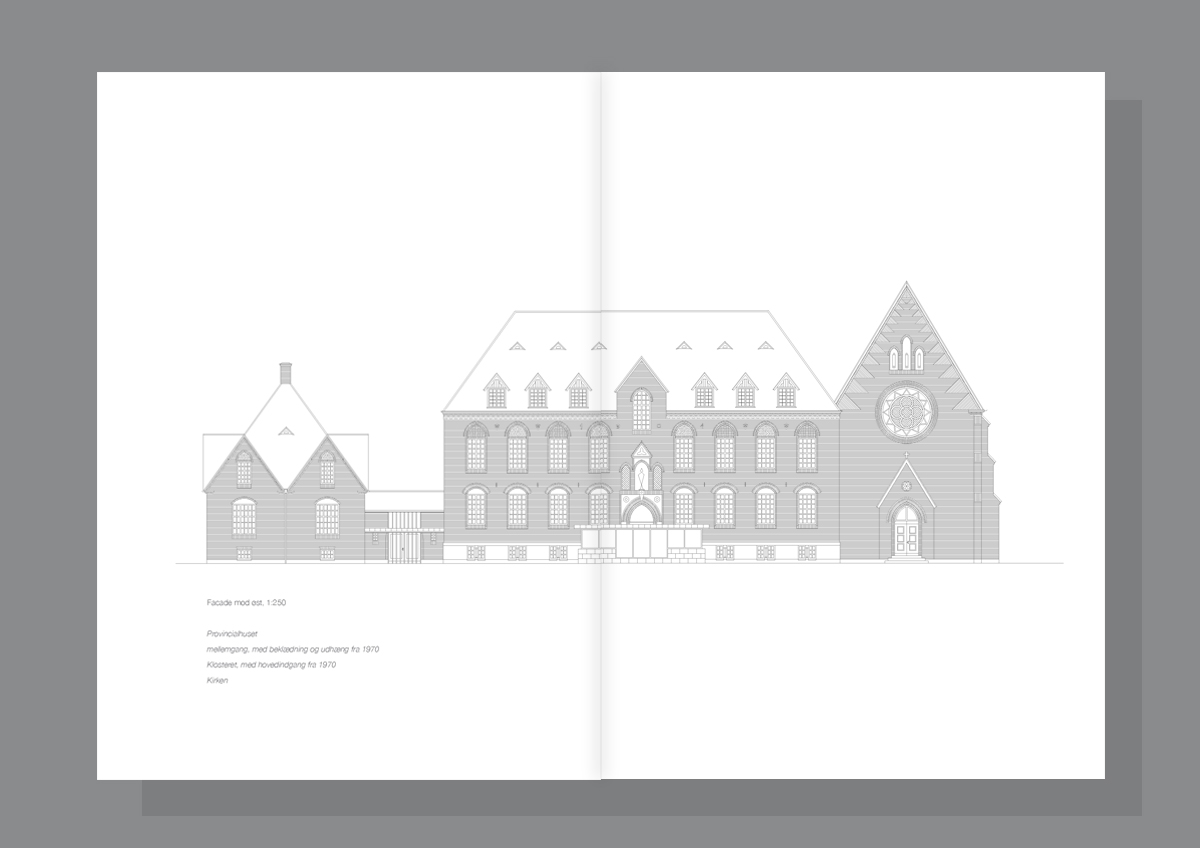
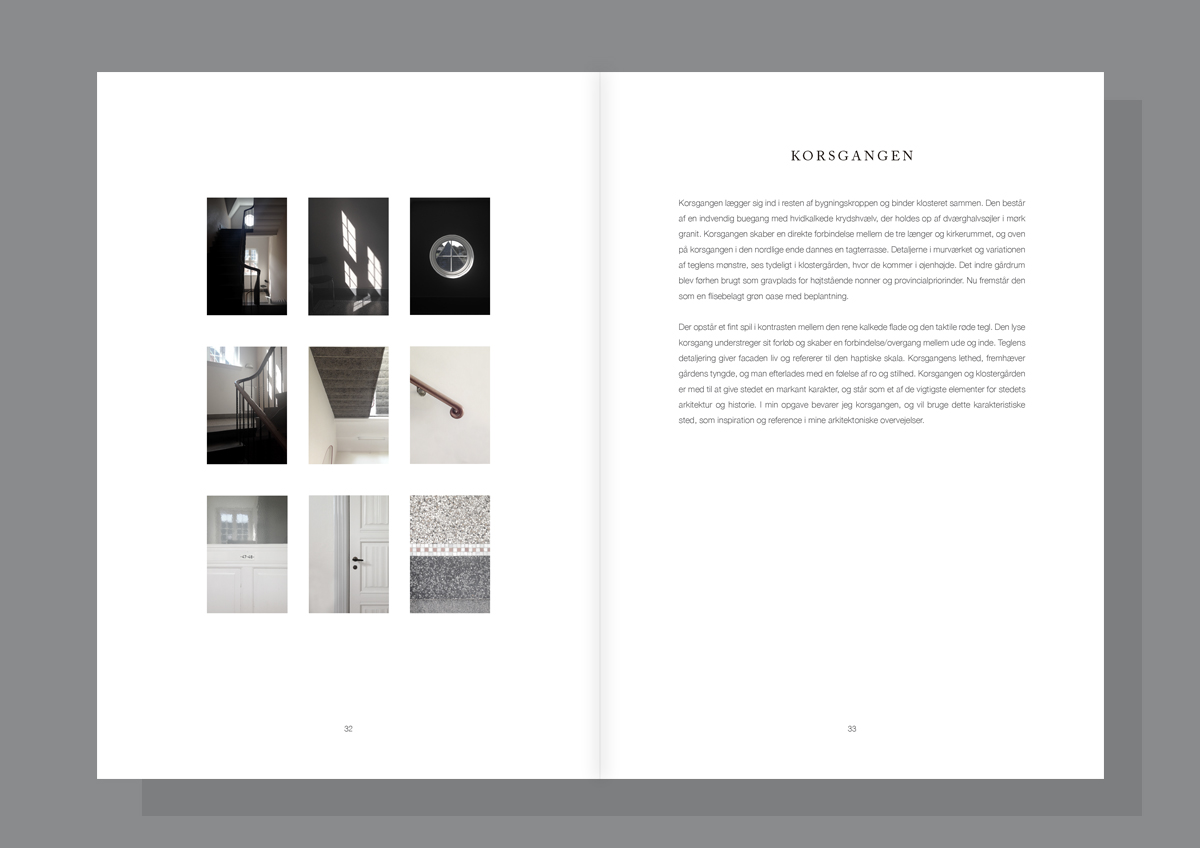
No hay comentarios:
Publicar un comentario